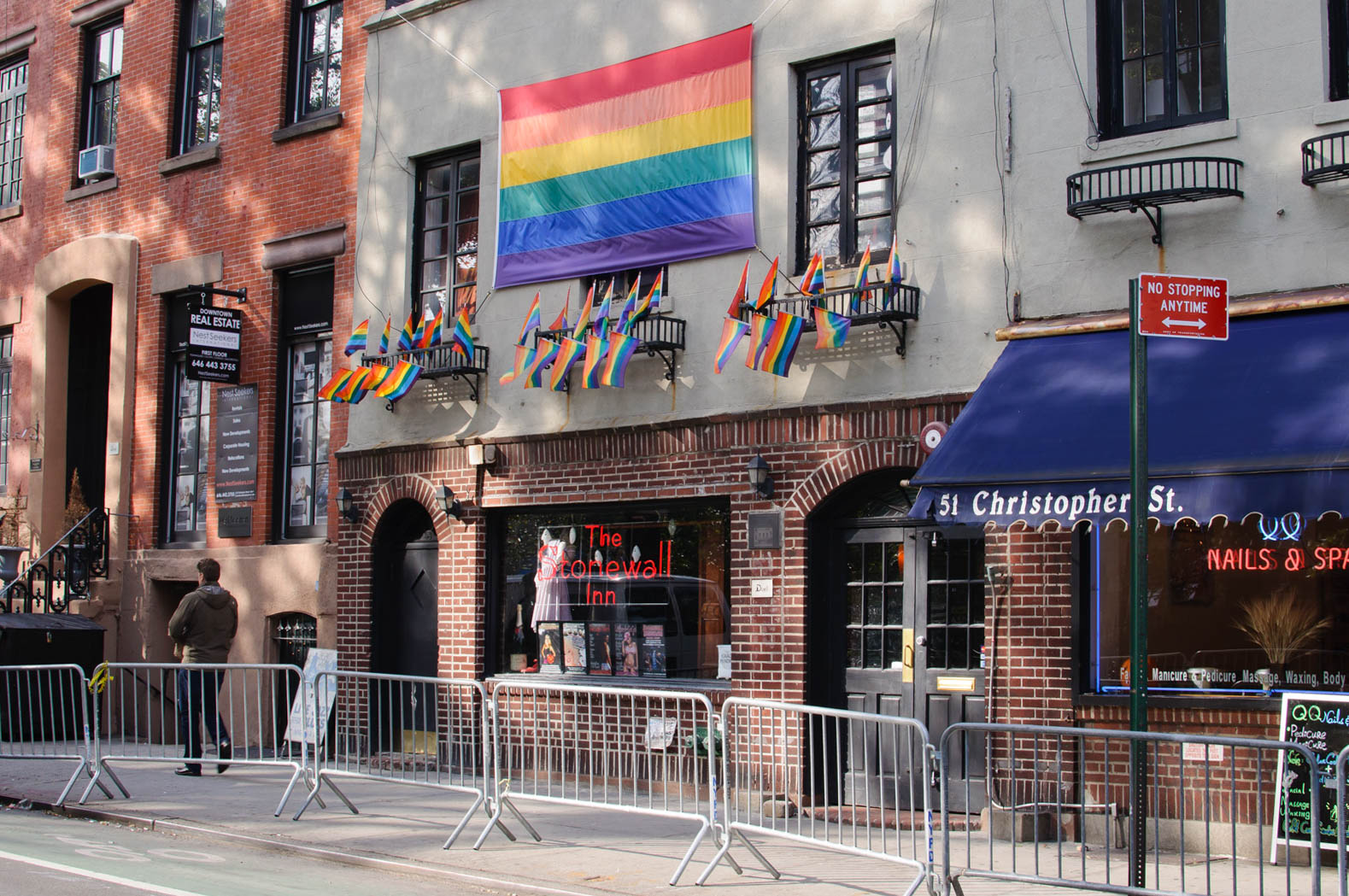History is an important part of school curricula because it teaches future generations about the mistakes of the past to help students build a worthwhile future. Similarly, educating children about LGBT history allows them to build a future without hatred and cruelty towards those who are different than themselves.
In order for a more accepting world to emerge, schools should be required to educate children in all aspects of history, including those with LGBT attributes.
According to an article by Newsweek, in 2011, California was the first state to include LGBT history in their schools’ curricula. Illinois plans to enact a similar plan on July 1, 2020. and would become the fifth state to do so, following Oregon, New Jersey and Colorado. It is in the country’s best interest for every state, including Georgia, to follow suit.
Discussing LGBT history more as Georgian children grow older would normalize the idea of homosexuality, and provide recognition for the accomplishments and struggles of LGBT Americans.
Tolerance is something taught through exposure, according to an article by U.S. News. Exposing students to important facets of our history, such as the Stonewall movement and the legalization of gay marriage in 2015, are critical for a well-rounded education.
Informing future generations about our commendable past is just as important as teaching our corrupt past. Understanding history is mandatory to learn so that it is not repeated. Similarly, it is important for children to learn about the social discrimination of the LGBT community to build a brighter and more inclusive future.
For those children who identify as homosexual, learning about LGBT history will help them understand that they are not alone, and that many people before them have accomplished great things from a similar perspective.
History classes should include someone such as Sally Ride who, according to the National Women’s History Museum, was the first female astronaut in space — and happened to be lesbian. She would be a fantastic role model for any young student, but especially for one who could relate to her struggle of coming out, according to NBC News.
Additionally, teaching LGBT history in schools would make a child who has same-sex parents not afraid or embarrassed to talk about them with others.
Any child who is straight will have the opportunity to learn to love their neighbor even if they may love differently than they do. They could look up to someone who may be different than them, learning to respect and even welcome their differences.
When asked how an LGBT inclusive curriculum would have impacted her, freshman psychology major Taylor Bosarge said “Trying to understand [LGBT history] is better than simply being ignorant.”
Informing children about the history of the LGBT community will pave the way for its members to be recognized as people who are not different or separated members of society, but rather recognized for their contributions to the world around us.
In order to normalize a more inclusive world, schools need to include the struggles of the LGBT community in their curricula. Embracing our differences, rather than turning a blind eye to them, is the key to a happy and successful future.


